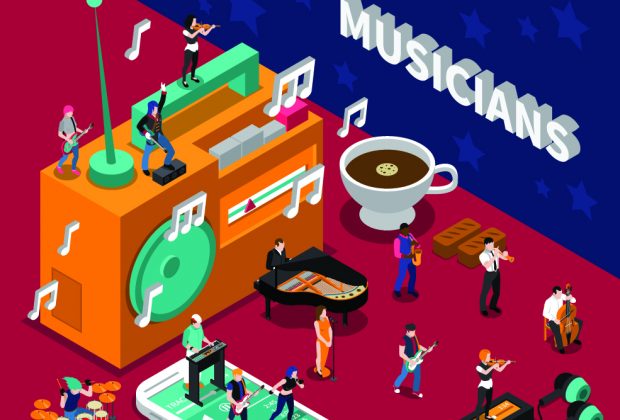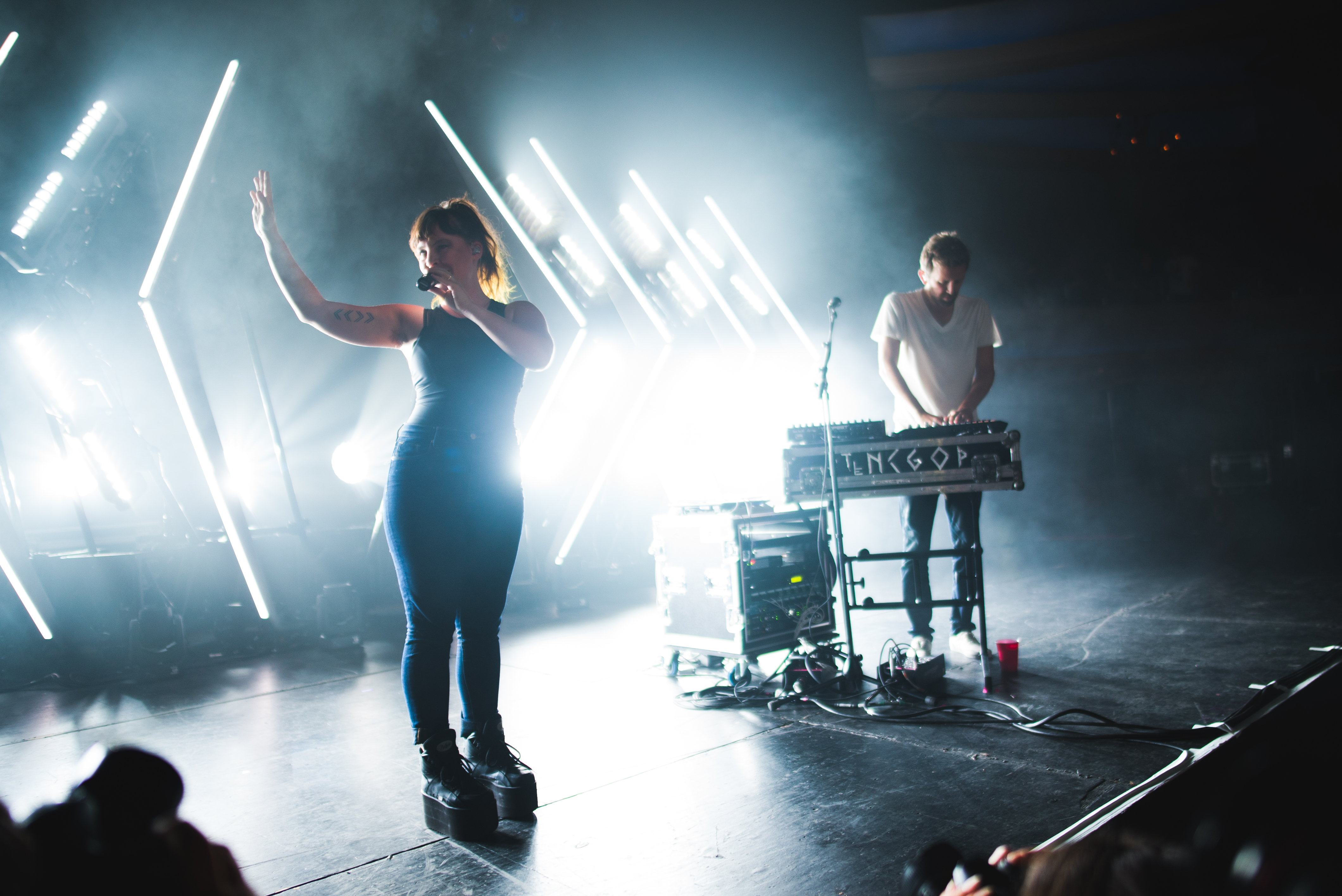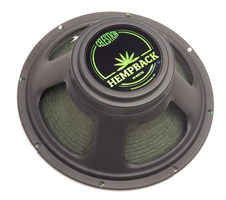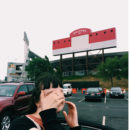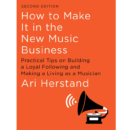Mechanical licenses aren’t a hot new thing in the music industry, but they are a vital part of the career of any musician who plans to record and distribute cover songs or who writes their own compositions. Mechanicals give you both the freedom to pursue your artistic goals and the legal right to do so.
Mechanical whats? The name goes back to the days of piano rolls and other physical ways of storing and distributing musical compositions. Mechanical rights pertain only to the musical composition—to what could otherwise be written down as sheet music—not to the sound recording, which has a separate bundle of rights. Though more and more music is distributed digitally, mechanicals persist and streaming services and other new music platforms are required to pay them for every copy of a musical work.
The nice thing about mechanical licenses: They are compulsory when a composition has been recorded and distributed once (called the "first release"), and the rates are set by statute, which means you don’t need to negotiate a rate with rightsholders. You still need to serve a specific notice to the rightsholders and pay the requisite royalties.
It Sounds Complicated. Why Bother?
When you obtain a mechanical license for a cover song, you get the right to legally sell your audio cover of someone else’s song. It also allows you to promote your cover recording without worrying about getting a cease-and-desist notice or waking up to discover that your track has been pulled from distribution for alleged copyright infringement. Perhaps most importantly, getting a mechanical license shows you’ve done your part to ensure that the original songwriters get paid royalties for their hard work.
What’s The Best Way to Do It?
Getting a mechanical license can seem daunting. Anyone can go through the specific legal steps required to obtain a valid license including finding and contacting music publishers, securing a license, and accounting and paying for royalties, but this process itself comes with some risk and is time consuming.
Fortunately, there are a few companies that serve to streamline this process in the United States:
Loudr Licensing
loudr.fm/licensing
Songfile by HFA (for songs represented by HFA) songfile.com
Easy Song Licensing
easysonglicensing.com
These services allow independent musicians, small labels, and other professionals to secure a license quickly and inexpensively, based on their anticipated distribution and sales. Loudr, for example, charges a $15 fee per license (with bulk discounts, if you need more than a handful of licenses), plus the projected publisher royalties which vary by number of copies and format. For many projects, a license will cost less than $150 for an album with 1,000 units. For most license seekers, the process takes a mere 10 minutes.
Bear in mind you’ll need a separate license for each unique version of a cover song. If you do a disco rendition and then a lap-steel country take on the same song, you’ll need two licenses. Also, if you’re working on a medley, you’ll need licenses for each song you include. One more important point: samples and interpolations (using an excerpt of a composition in an original work) have a different licensing process from cover songs and medleys. A mechanical license won’t be enough to clear these uses.
What About Covers of My Songs?
There’s another side to the equation: What do songwriters need to do to ensure their rights are protected when someone covers their compositions? The first step is to register your composition(s) with the Copyright Office (and no, that doesn’t mean mailing yourself a copy of your album). While copyright is automatic as soon as a creative work is recorded or written down, copyright registration is a requirement for certain kinds of protective and legal action. Songwriters can find out more about copyright registration loudr.fm/faq#how-to-copyright-your-music.
How Do I Make Sure I Get Paid?
The next key step is to ensure your compositions are in the various databases that license and pay out on behalf of music companies. You can do this by signing up with a platform like Songtrust (to register and collect) or TuneRegistry (just to register). Though this may come as a surprise in this day and age, if you don’t register your ownership of a work, no one will know how to attribute it. That means you won’t get paid. And no one wants that!
How Do I Make Sure We All Get Paid?
If there are multiple songwriters involved in a composition, things can get tricky. Working out the details early, before any money might start rolling in, is essential. The ideal is to sort out who gets what fraction of the royalties, often referred to as a split, before anyone heads to the studio to track the first recorded version. The second best time is before the first commercial release. The longer you wait, the messier negotiations can get, especially if you’ve decided to divvy up the royalties based on each writer’s contribution to the work. Some co-writers agree to share equally among them, to avoid such complex discussions.
Once you sort out the splits, you can register the arrangement with your publishing administrator. Songtrust has a handy template that co-writers can use: blog.songtrust.com/uncategorized/split-sheets-collect-your-music-publishing-royalties.
CHRIS CRAWFORD is the CEO of Loudr (loudr.fm), a company that offers mechanical licensing, data matching, and royalty administration to a growing number of music companies, services, and platforms committed to the legal and fair use of compositions. A former a cappella director and arranger, Crawford is an avid supporter of the indie music community and speaks regularly at music events and seminars in San Francisco, New York, Nashville, Los Angeles, Chicago and Boston.

